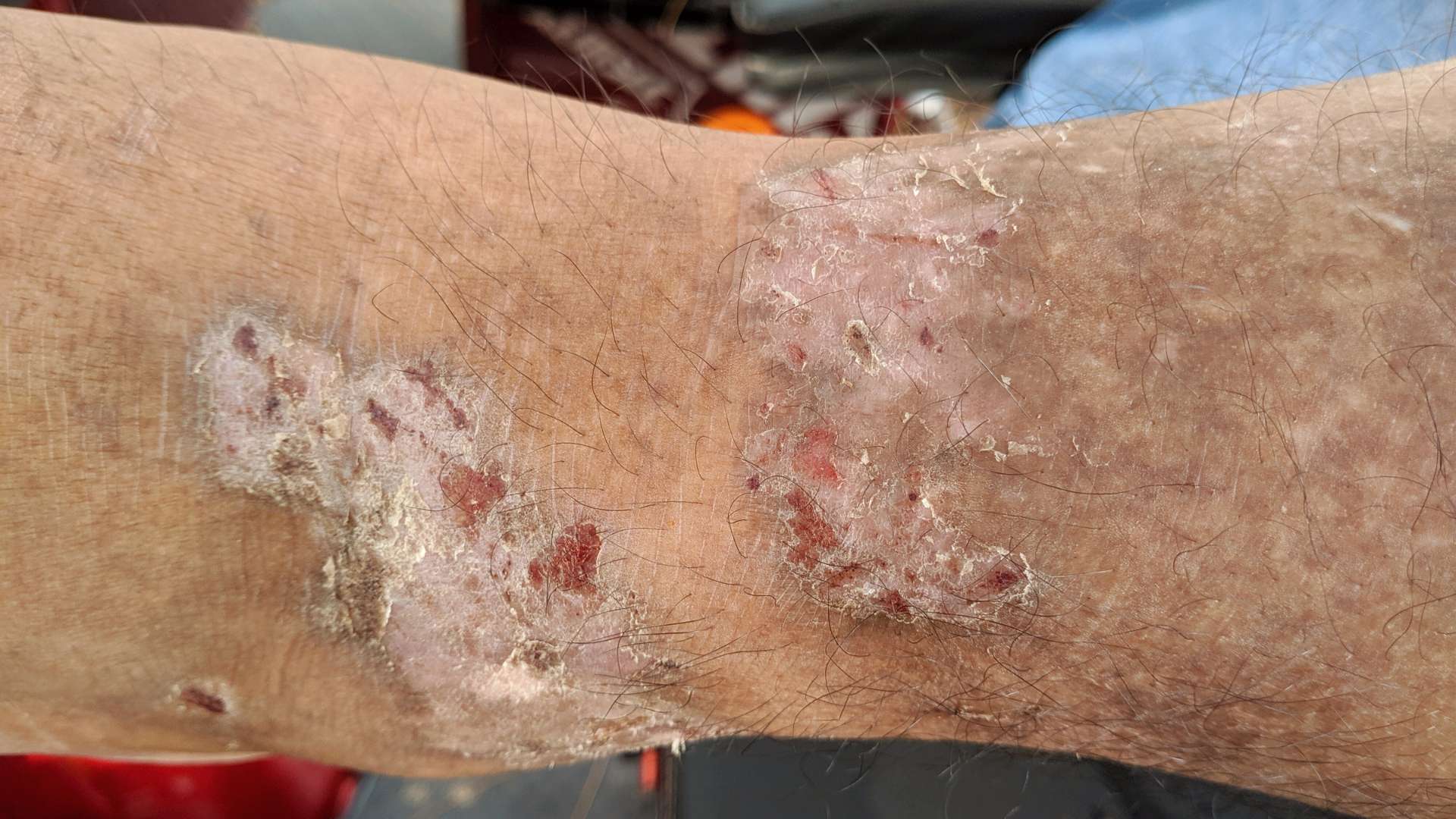Coughing helps keep your throat and airways clear. However, too much coughing might be an indication you have allergies or a disease. Additionally, people may develop occupational coughs due to exposure to specific irritants or hazardous substances in the workplace.
Common causes of coughing are:
- Allergies that involve the nose or sinuses
- Asthma and COPD (emphysema or chronic bronchitis)
- The common cold, flu, and other viral infections
- Lung infections such as pneumonia or acute bronchitis
- Sinusitis with postnasal drip
- Gastroesophageal reflux disease (GERD)
How an Occupational Cough is Contracted
Workers in various industries may be at risk of developing an occupational cough due to prolonged exposure to respiratory irritants in their work environment. Some common workplace factors contributing to an occupational cough include:
Airborne Irritants: Employees exposed to airborne irritants such as dust, fumes, chemicals, or allergens in industries like construction, manufacturing, agriculture, or healthcare may develop an occupational cough over time.
Poor Indoor Air Quality: Office workers in poorly ventilated environments or those exposed to mold or other pollutants may experience coughing related to the workplace.
Exposure to Respirable Particulate Matter: Certain job tasks, such as sandblasting, welding, or woodworking, can lead to high levels of airborne particulates, triggering respiratory issues and coughing.
Occupational Health Services: Preventing and Managing Occupational Cough
At Occupational Health Services, we are committed to promoting respiratory health in the workplace and assisting businesses in preventing and managing occupational cough. Our comprehensive approach includes the following:
Workplace Assessments: We conduct thorough assessments to identify potential respiratory hazards and irritants in your workplace.
Educational Workshops: Our experts offer informative workshops to raise awareness about occupational cough, its risk factors, and preventive measures.
Respiratory Protection Programs: We assist in implementing effective respiratory protection programs for workers exposed to airborne hazards.
Medical Surveillance: We provide ongoing medical monitoring and surveillance for employees at higher risk of occupational cough.
Improving Ventilation and Air Quality: We work with employers to improve indoor air quality and ventilation to minimize exposure to respiratory irritants.
The Losses Associated with Employees Suffering from Occupational Cough
For business owners, occupational cough can lead to significant losses, including:
Reduced Workforce Productivity: Employees suffering from an occupational cough may require frequent breaks or time off for medical appointments, impacting overall workforce productivity.
Worker’s Compensation Claims: Occupational cough cases may lead to worker’s compensation claims, resulting in increased insurance costs for the employer.
Temporary Replacement Costs: Hiring temporary replacements or covering workloads during employee absences may incur additional expenses.
Healthcare Expenses: Treating occupational cough can lead to medical expenses for the employee and the employer.
Decreased Morale: Frequent coughing and respiratory issues among employees can lead to decreased morale and job satisfaction, potentially impacting overall workplace dynamics.
Prioritize Respiratory Health with Occupational Health Services
Promoting respiratory health and preventing occupational cough is essential for a healthier and more productive workforce. Let Occupational Health Services be your partner in creating a safer and more health-conscious work environment. Contact us today to learn more about our respiratory health programs and how we can help you and your employees breathe easier. Together, we can build a resilient and thriving workforce.

























































